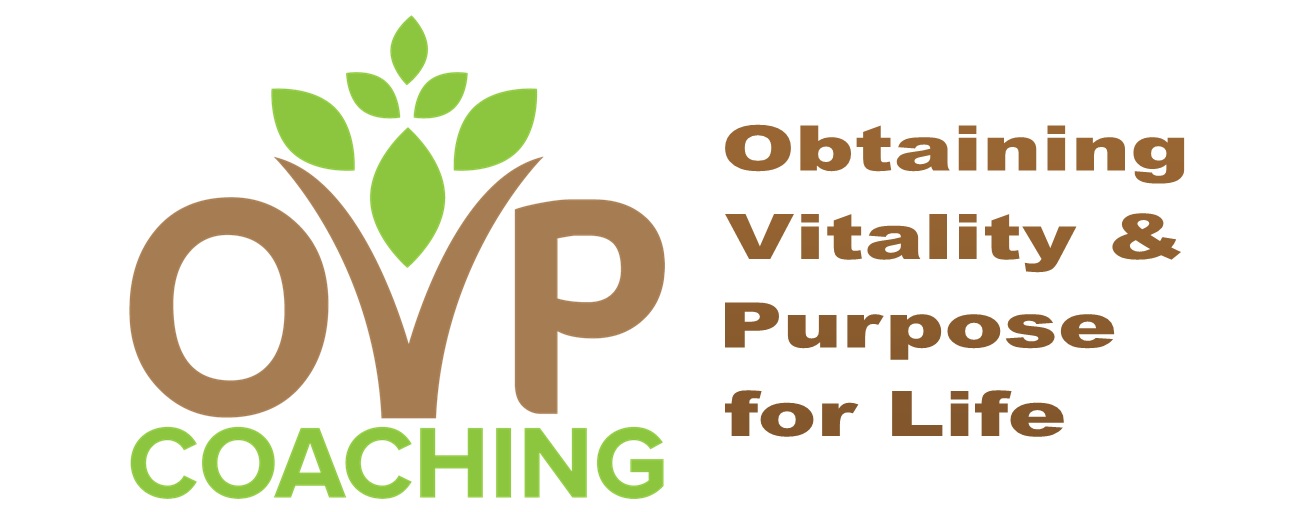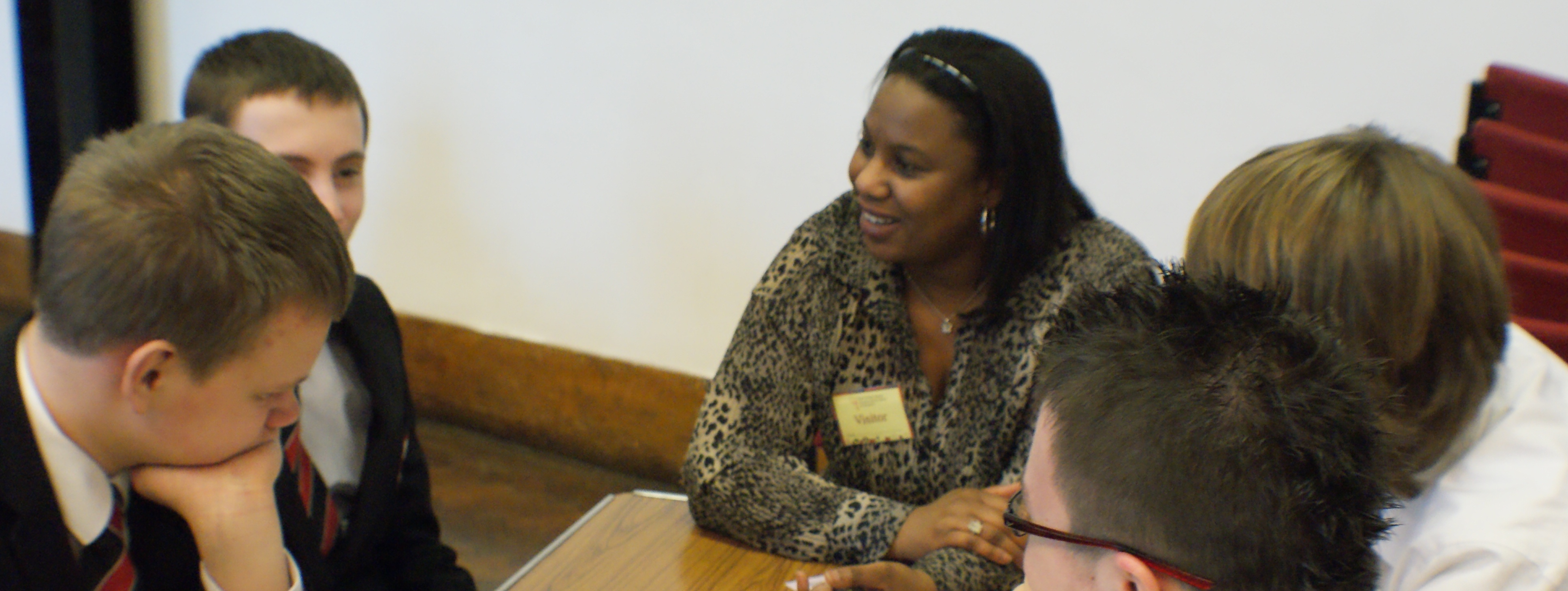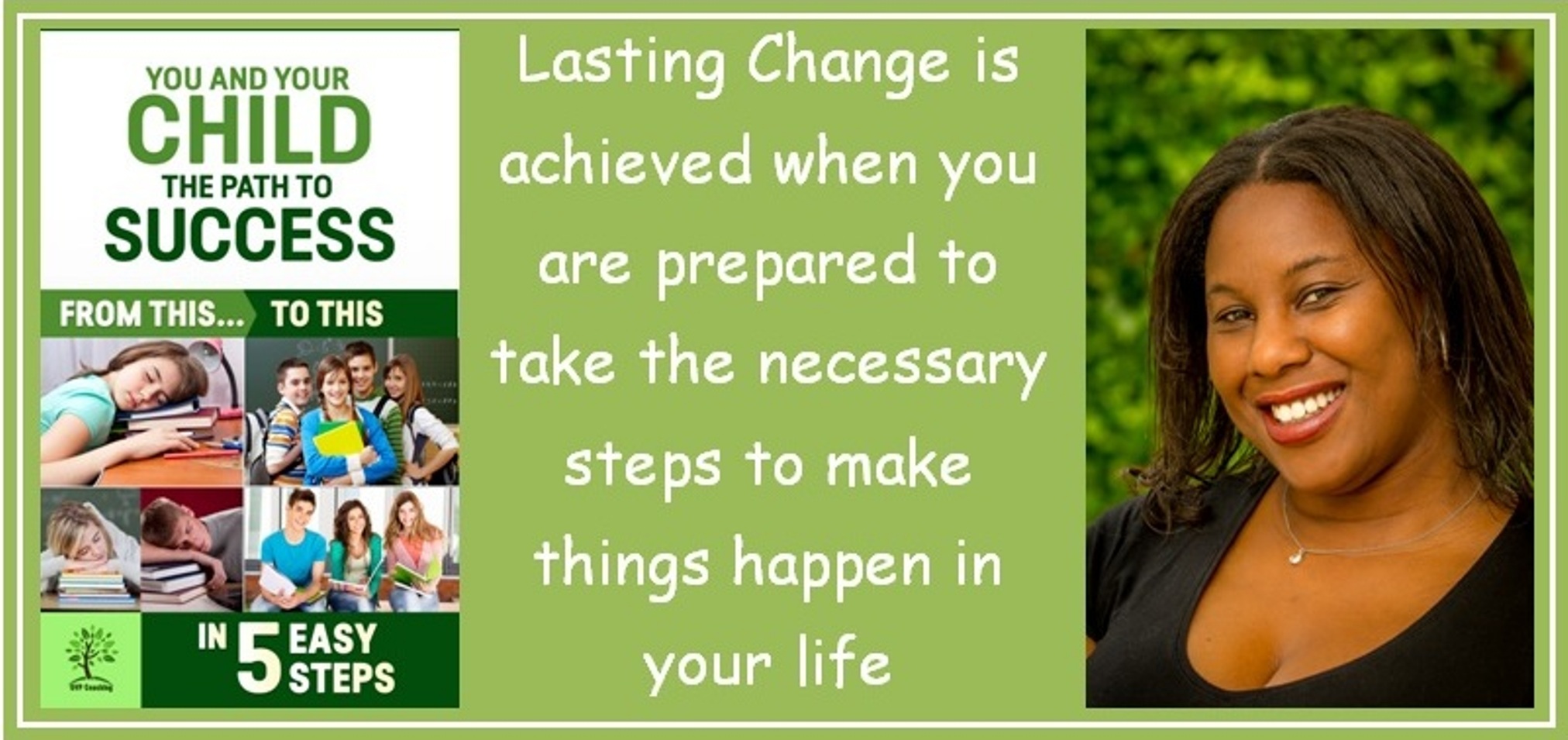October is here and the trees have turned, the winds have begun to blow and the rain is washing away the memory of summer. It still amazes me to this day how our outlook on life shifts with the seasons.
Only a month ago the kids were in full swing, telling each other all about their summer vacations, where they enjoyed the freedom of the trappings of school. Now, back in uniform, the necessary back pack full of equipment, notebooks and planners, they drag their feet into school and slump over the desk.
“Why do we have to be here?”
“Why do we have to do this?”
“Why bother, I’m failing anyway, what’s the use in trying”
These are the questions I’ve heard in schools this week. It really is sad to hear these things but unfortunately this is typical of young teens and it is not a sign of the times. Generations of teens have said the same thing. Were you one of them? I certainly was. Do you remember the answers you got? I bet they were mostly negative or sarcastic; as if that was supposed to make us feel better. Isn’t it time we did something about this? Can we encourage today’s teens to ask better questions? What if we could get them to replace the questions above with;
In what way will I be able to use what I’ve learned today?
What would I like to learn today?
Who can I help today?
All too often kids see school as a daunting place of punishment and hard labour. It should be a place of wonderment and exploration, a place to try and test your ideas without fear. Yes, of course we need a benchmark for our children, standardisation, exams and certification to qualify their schooling but not to the detriment of their souls.
Take this situation for example. A child has just been chastised for forgetting to do their homework for the third time, the teacher has a choice, they can ask a similar question to A or question B.
Question A – “Why do you always do this?”
Question B – “What can we do to help you remember to do your homework?”
Put yourself in the teachers’ shoes, which of the questions would you have asked? As you may have guessed, question A leads to increased anger and lower self-esteem. It is not a motivating question. Question B is a much better question. It allows the receiver to evaluate the situation, look for a solution and feel supported in making their decision.
Some of you may well argue that teachers and parents don’t have time for all of that. You may be right but doesn’t that lead to even more questions that are in desperate need of an answer? If we make the time to help others, we are automatically helping ourselves. True, we need to be energised and have the support of others too, it’s not a one way process. If mom, dad or teacher can make a little extra time for a child like this, asking better questions, they may well save themselves years of worry and strife.
Try it for yourself and your child over the next few weeks. Enter your details below for a FREE list of the top 20 better questions.
[email-download download_id=”274″ contact_form_id=”273″]












